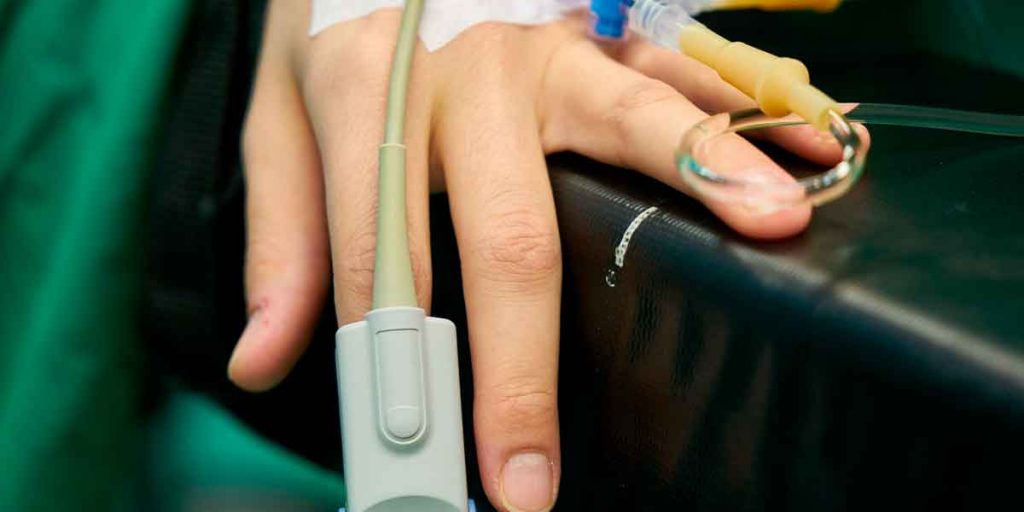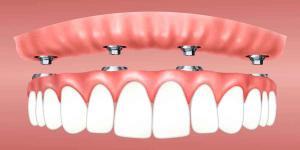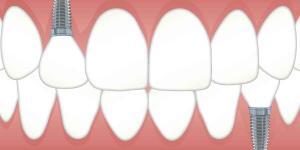Most patients who undergo surgery to remove wisdom teeth do not know what to expect. Some pain and discomfort often characterize the procedure. The recovery process may be short or long, depending on how patients handle themselves after surgery.
The recovery phase is just as vital as the operative phase.
During surgery, the extraction site may bleed slightly on the first day. This is normal; thus, you should not worry about it unless the bleeding becomes more massive and does not stop soon afterward. The dentist will make you bite on a tea bag or gauze pad to minimize the bleeding. The reason for using a tea bag is that tea contains tannic acid, which makes blood vessels contract, reducing the bleeding.
Once you make it through, you will need to take proper care of yourself for a speedy recovery. In case your teeth were removed, or an implant installed, there are several things you should do to minimize pain and eliminate an infection.
Let us look at some of the tips that can help you heal faster after surgery.
Have Enough Rest
Long-term recovery can be achieved by having enough rest. This also includes avoiding difficult tasks and exercises. Most patients who undergo surgery may feel like resuming their regular duties soon after the procedure. However, becoming active as soon as the operation is completed may slow down the healing process.
If you were given a sedative during surgery, you might feel drowsy a few hours later. Ensure that you avoid driving or perform any duties that need total concentration. Doctors advise that patients take their time and rest for some days before getting back to work.
You should also avoid any exercises that include strenuous activities such as bending or lifting heavy objects. Doing this can dislodge any blood clots that are already forming at the wound site, resulting in more bleeding. While sleeping, ensure that your head is elevated to about 45 degrees. The posture you assume when resting affects how the blood flows around the wound.
Give the Mouth Time to Heal
Immediately after surgery, every patient experiences some level of discomfort and pain. This should be expected since it is the normal reaction of the body to any surgery. Your jaw needs time to recover. Therefore you will need to give your mouth a break. You will need to limit talking, eating as well as drinking a few hours after the surgery.
It would be helpful if you would also avoid spitting and smoking. In case you wish to rinse your mouth, use salt water or mouthwash but only do this 12 hours after the surgery. If you brush your teeth, make sure that you avoid the wound area.
Use Protective Measures
To assist the healing process, keep applying an ice pack on the cheek near the wound site. During the first 24 hours, keep applying the ice packs for 30 minutes, at intervals of 15 minutes. Doing this will minimize pain and swelling. In case you have surgery wounds on both sides of the mouth, keep switching from one side to the other. If the swelling keeps getting worse, or if you develop a fever, the extraction site could be developing an infection. Call the doctor immediately.
Also, keep opening your mouth to eliminate any jaw stiffness.
Use the Medication as Prescribed
After completing the surgery, the dentist will give you some painkillers and antibiotics for pain and infection. Ensure that you take these as prescribed, even when you are experiencing no pain and have no infection symptoms.
Cosmetic dentistry Brooklyn NY experts prescribe medication for pain and other side effects. The aim is to make sure you are comfortable, and you get back to work faster.
Check Your Diet
All patients need to watch what they eat following oral surgery. Keep drinking cold or warm water to remain hydrated. Eat only those foods permitted by the oral specialist. Start with soft foodstuff and introduce harder foods gradually. Hot drinks, as well as spicy and sugary foods, can wait until you have recovered fully.
In Closing
The dentist will outline all the care procedures that you need for your healing. For instance, they may tell you not to brush for some days. Or they could instruct you to touch other parts of the mouth except for the wound area. Make sure that you follow these instructions as it is the only way to avoid more complications.
Always talk to your dentist in case you experience any adverse symptoms such as bleeding, inflammation, or severe pain. The doctor may also schedule follow-up visits to examine the progress of the surgery site. Make sure that you do not ignore them. Take time to check out the various cosmetic dentistry Brooklyn NY services to find what you need.




